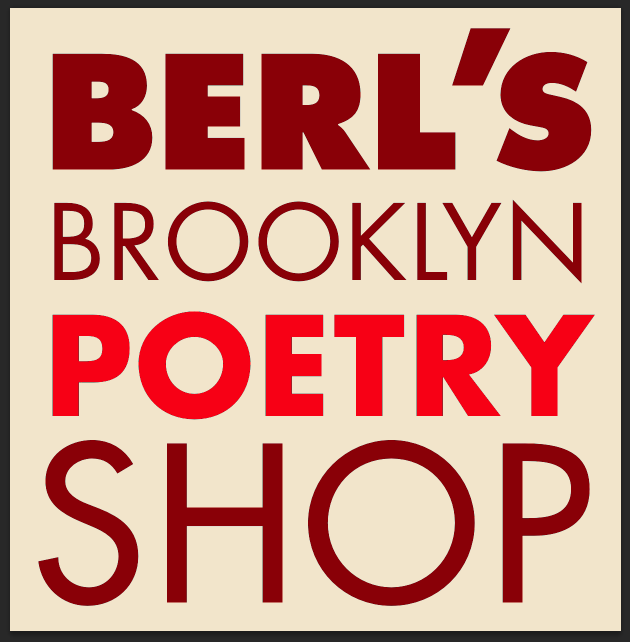The Organism for Poetic Research Presents Kevin Holden and Krystal Languell
Due to tech difficulties, the first minute or two of audio was cut off. Here is MC Hyland's full introduction of Krystal Languell:
Krystal Languell sees everything and, courageously, says something, every time. Her poems, her posts on a wide range of poetry blogs, her curation of the work of woman writers through Belladonna and the journal Bone Bouquet: all form a continuum of political speech that is unafraid to name and to locate the slippery aggressions of class, gender, race, and capital in the American present. Krystal’s work makes me think about Hannah Arendt’s writing on the Vita Activa, which Arendt defines as composed of labor, work, and action. While Arendt is especially interested in action, which she understands as participation in the political community through speech—certainly, a central element on Krystal’s poetics—it is her writing on work that most sharply illuminates what I see as some of Krystal’s deepest poetic commitments. Arendt writes:
Work is the activity which corresponds to the unnaturalness of human existence, which is not embedded in, and whose mortality is not compensated by, the species’ ever-recurring life-cycle. Work provides an “artificial” world of things, distinctly different from all natural surroundings. Within its borders each individual life is housed, while this world itself is meant to outlast and transcend them all. The human condition of work is worldliness. (The Human Condition 7)
Krystal’s writing insists on the fundamentally unnatural character of work—on the ways that both paid labor and the neverending uncompensated work of building and tending a public poetic sphere—limit and condition the possibilities of our speech. In a piece on Drunken Boat’s blog earlier this summer, she wrote: “So, oh no, groan, here comes another blog post and here come more people to find me annoying to my face and behind my back. So be it.” I would suggest that this “So be it” is the negative space in which Krystal’s poetics form, in which she tends and pointedly and fiercely oversteps, the border between accepted and taboo speech about the work that constitutes our daily lives.




